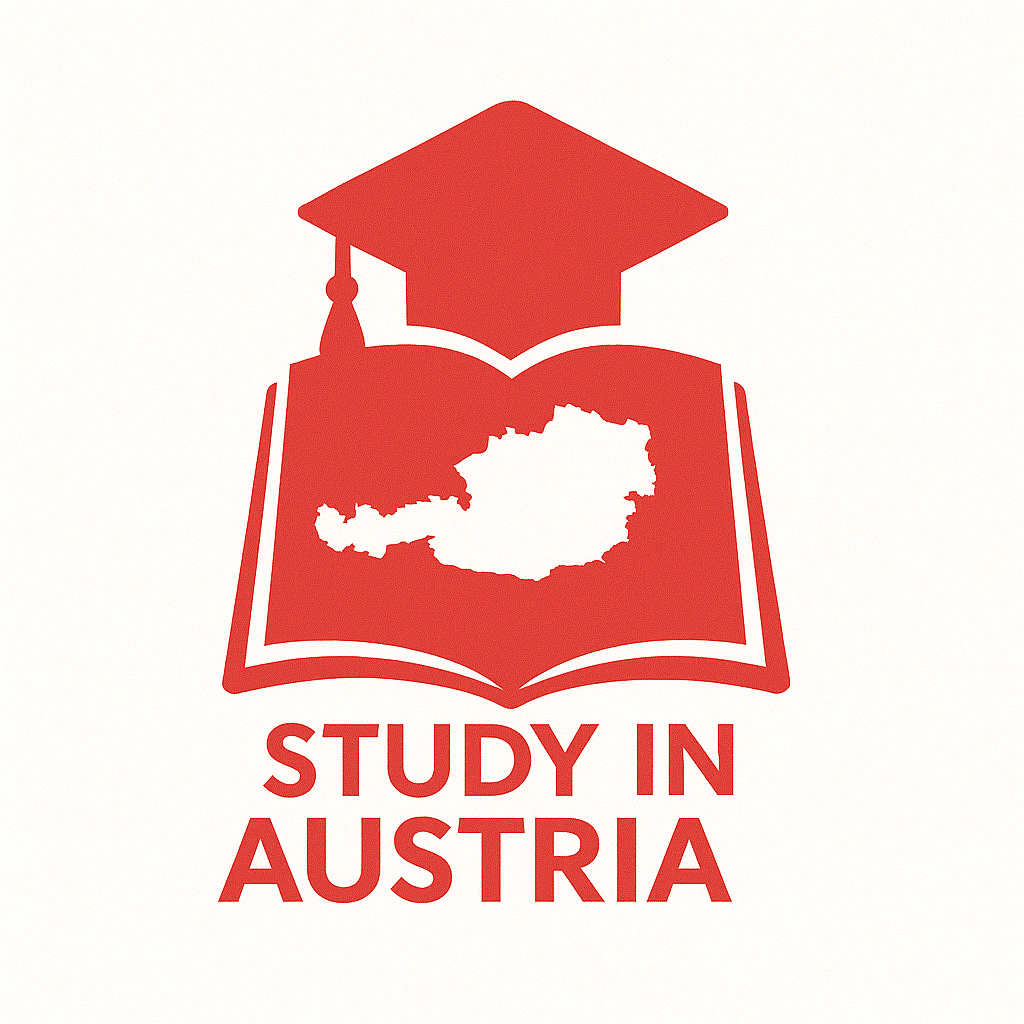How to Prepare a Strong University Application for Austrian Programs
Understand the Admissions Process
Navigating the admissions process begins with understanding its structure. Admission to Austrian higher education is managed by individual institutions, making it crucial for applicants to:
- Choose Your Program: Identify the program that aligns with your academic aspirations.
- Contact the University: Reach out directly to the university for precise admission requirements and procedures. Each institution may have varying protocols.
Application forms are typically available on the university’s official website and need to be submitted along with all required documentation to the respective Admissions Office.
Key Steps to Prepare Your Application
1. Gather Essential Documents
The documents required can vary based on your citizenship, educational background, and the specific program you are applying for. Key documents may include:
- Proof of Nationality: A copy of your passport.
- Secondary School Leaving Certificate: This should be one that entitles you to university admission in your home country (for bachelor’s applicants). Non-EU/EEA applicants will need an equivalent certificate recognized in Austria.
- Proof of Language Proficiency:
- For German-taught programs: A secondary school certificate confirming at least four years of German lessons or a language diploma.
- For English-taught programs: Accepted tests include IELTS, TOEFL, or Cambridge certificates.
- For Master’s Applicants: A Bachelor’s degree in a relevant field, typically comprising at least 180 ECTS credits.
- For PhD Applicants: A relevant master’s degree matching the field associated with your research proposal.
- Additional Program-Specific Documents: This may include a CV, motivation letter, and letters of recommendation, particularly for competitive programs.
2. Confirm Special Requirements
Be aware that certain programs may have additional requirements:
- Entrance Examinations: Programs in medicine, the arts, or at Universities of Applied Sciences (UAS) often necessitate specific entrance exams, portfolios, or proof of relevant work experience, generally scheduled up to six months before the academic term begins.
- Interviews and Tests: Some bachelor’s programs and UAS may require interviews or tests as part of their admissions process.
3. Demonstrate Language Proficiency
Language proficiency is critical for successful admission:
- Most undergraduate programs are taught in German, necessitating proof unless you are applying for an English-taught program.
- English-taught programs require documentation of English proficiency.
4. Present Strong Supplementary Materials
Supplementary materials enhance your application. These could include:
- Motivation Letter: Articulate your reasons for choosing the specific program and institution, your academic interests, and your future aspirations.
- Letters of Recommendation: These can significantly strengthen your application, especially for graduate programs.
- CV or Portfolio: Some programs, particularly in the arts and applied sciences, may request these.
5. Submit Your Application
After gathering and preparing your documents, follow these submission guidelines:
- Complete the Application Form: Ensure the form from your chosen university is filled out accurately.
- Submit Required Documents by the Deadline: Confirm that all translations and certifications meet the institution’s standards.
- Check for Correspondence: Monitor your email for any communications or additional requests from the university.
6. Prepare for Additional Steps
Depending on the program’s competitiveness:
- Interviews: Some programs may invite you for interviews, allowing you to present yourself beyond the application materials.
- Entrance Examinations Preparation: Feel prepared for any required entrance examinations by knowing the format, content, and dates in advance.
Tips for a Strong Application
- Start Early: Allow ample time for document gathering, certified translations, and meeting all deadlines.
- Double-Check Requirements: Individual institutions may have unique procedures, necessitating a careful review of specific program requirements.
- Highlight Your Achievements: Clearly present your academic accomplishments, language skills, and motivational factors.
- Maintain Professional Communication: Keep the lines of communication open with university admissions offices for clarifications or further guidance.
Conclusion
Applying to a university in Austria represents an exciting opportunity for international students. By following these structured steps and utilizing resources like Study in Austria, applicants can navigate the intricacies of the application process with confidence and clarity.
If you are ready to embark on your academic journey in Austria or seek guidance in navigating the application process, please contact us today or consider a partnership with Study in Austria. Together, we can help you achieve your educational aspirations in one of Europe’s most vibrant academic environments.
Take the Next Step with Study in Austria
Explore further and get guidance on your application journey to Austrian universities:

